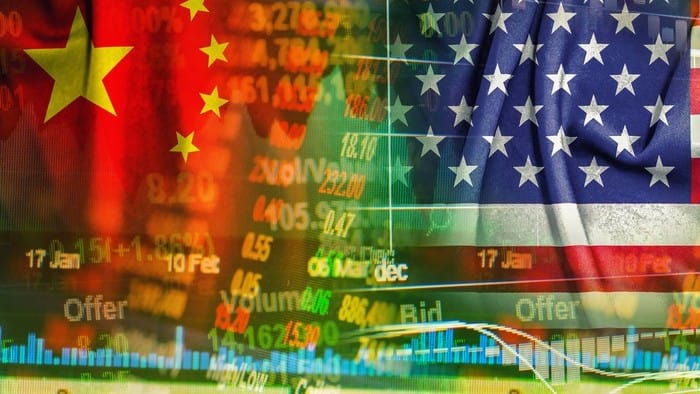This article was originally published on Fool.com. All figures quoted in US dollars unless otherwise stated.
On Wednesday, the House of Representatives unanimously passed a bill that could result in the delisting of Chinese companies from U.S. stock exchanges. The Holding Foreign Companies Accountable Act (HFCAA) has been sent to President Trump, who is expected to sign the measure later today, which also received unanimous support from the Senate earlier this year.
The sweeping legislation would require foreign companies to submit to increased accounting disclosures and to certify that they are not owned or controlled by a foreign government. It also includes provisions that the statements be backed up by an audit conducted in accordance with U.S. accounting rules by the Public Company Accounting Oversight Board (PCAOB).
The legislation could result in the delisting of a number of popular Chinese companies from major U.S. exchanges, including e-commerce players Alibaba (NYSE: BABA) and JD.com (NASDAQ: JD), as well as internet search giant Baidu (NASDAQ: BIDU) and electric vehicle (EV) maker NIO (NYSE: NIO).
Just last month, the Securities and Exchange Commission announced it was preparing to adopt tougher rules that could take effect as early as 2022. These requirements lay the groundwork for the delisting of foreign equities when their companies fail to comply with U.S. auditing rules.
Regulators have long been vexed by the Chinese government's refusal to allow the PCAOB to review audits of Chinese companies listed on U.S. exchanges. Some believe this contributed to the spectacular fall from grace of Luckin Coffee (OTC: LKNC.Y), which flamed out earlier this year following the discovery of massive and widespread fraud. The company was found to have manufactured a significant portion of its 2019 revenue and was subsequently booted from the Nasdaq exchange.
Numerous companies in China have admitted to contingency plans if the bill is passed. NetEase (NASDAQ: NTES) and JD.com each acknowledged the proposed rules when they announced subsequent listings on the Hong Kong Stock Exchange.
This article was originally published on Fool.com. All figures quoted in US dollars unless otherwise stated.









